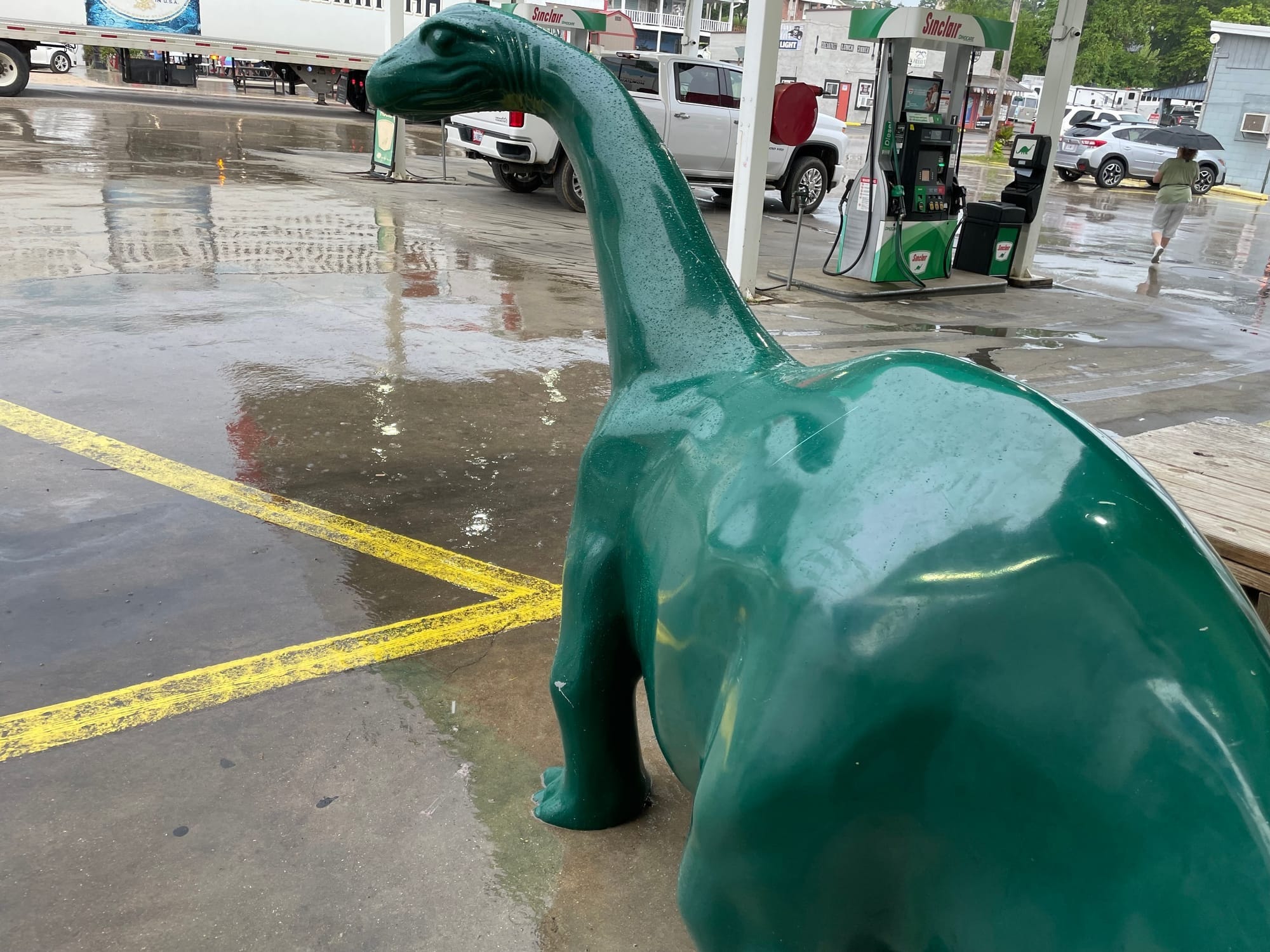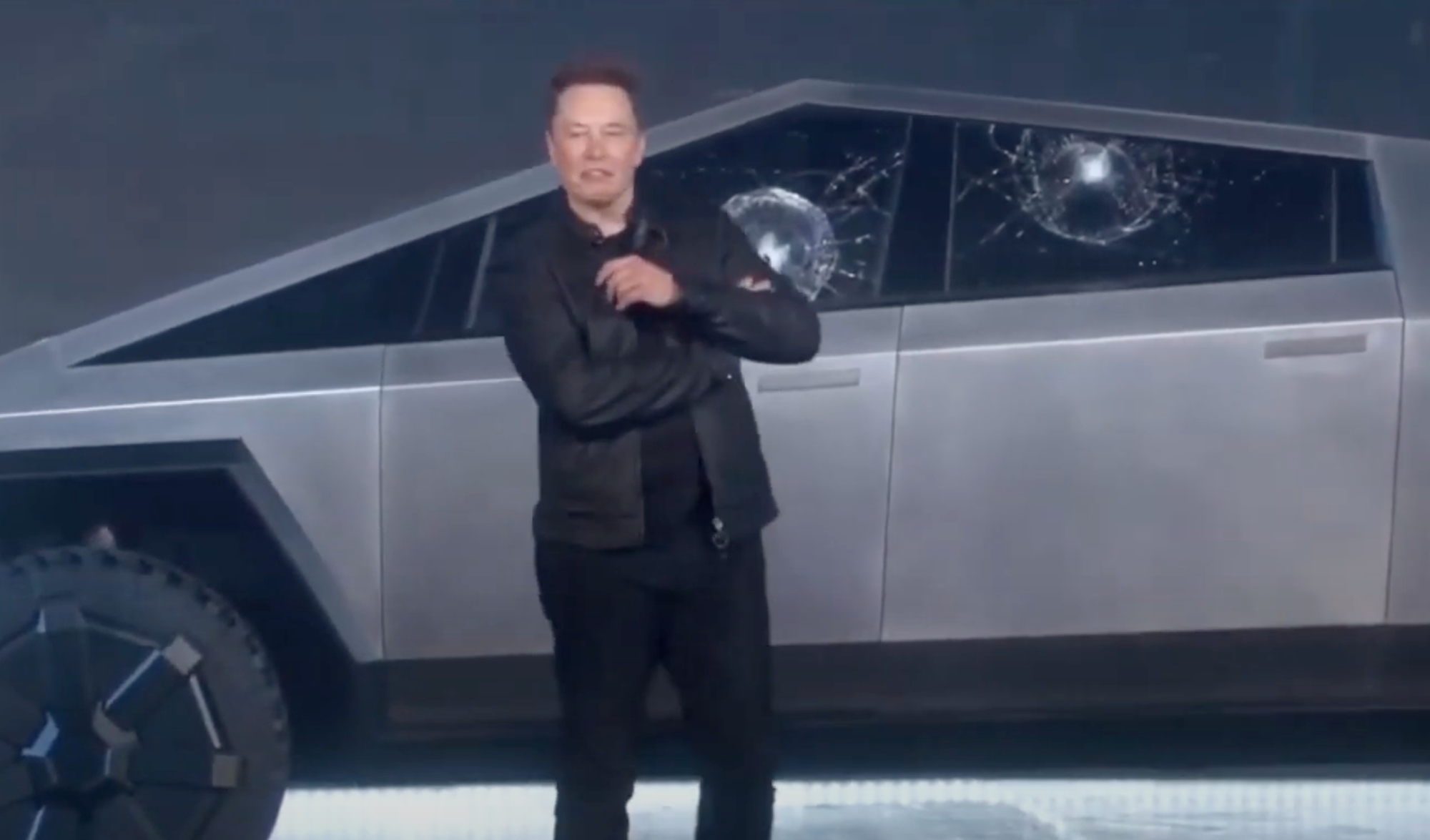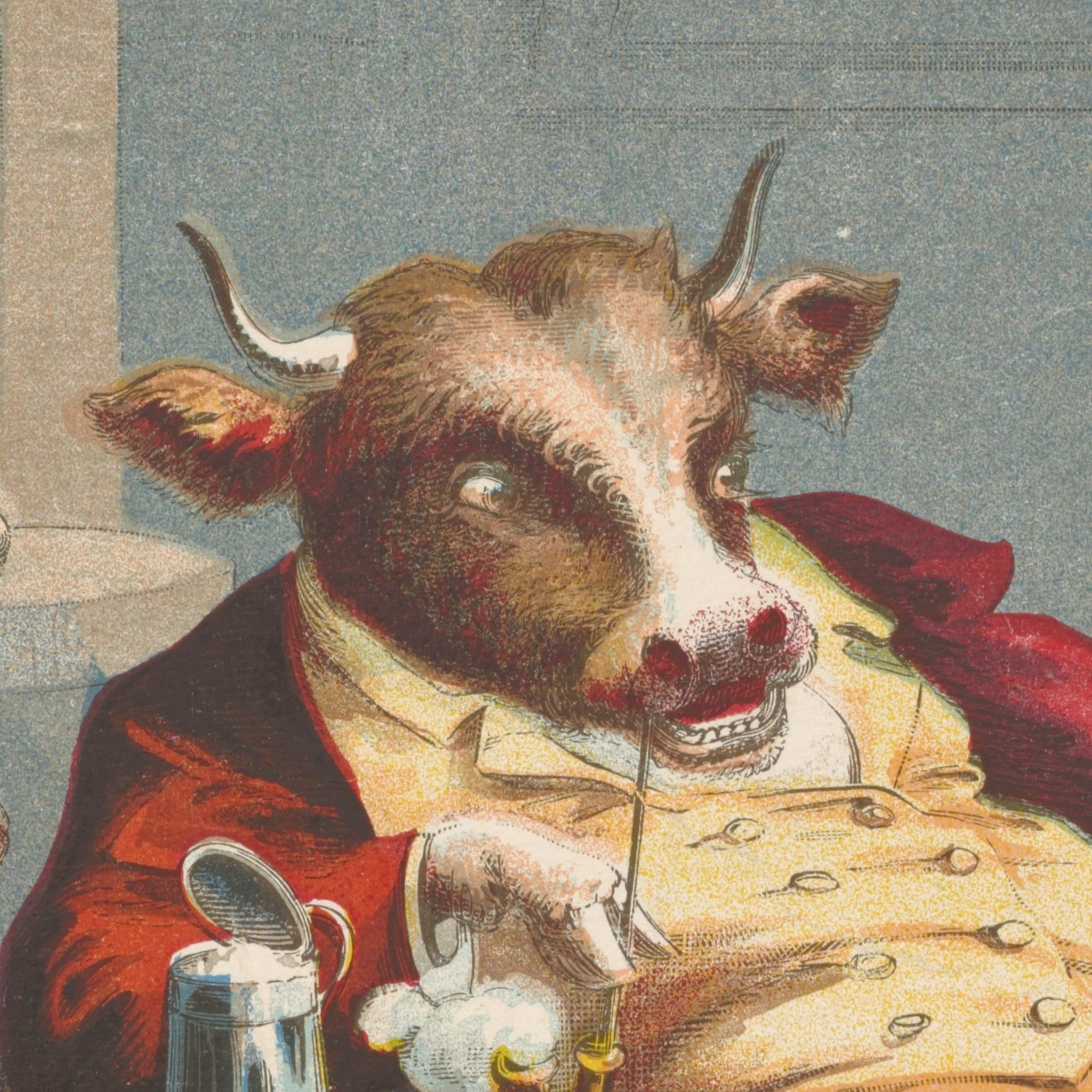There will always be people who are desperate to make legal money. Maybe they got laid-off, maybe they just need a second job because the one they have doesn’t pay enough to live in the land of the free and the home of the brave. But if you’re one them, and you have a fairly reliable vehicle, boy do we have a deal for you! You can work your own hours, make as much as you want to, and if you drive for us long enough … we will convert your reliable vehicle into a broken-down piece of junk that no longer even fits our own company’s criteria needed to deliver a pizza at two-o’clock in the morning, much less pick you up at the airport. That's assuming it still runs at all. But rest assured, the companies are doing fine:
So what’s UBER doing with all that money? Are they working to create robust systems to promote driver safety? Absolutely not. Are they making sure that each driver is able to earn a living wage? Not a chance.
Uber is buying back their stock, because the head honchos get bonuses based on the stock price and if you can get company money to fuel the stock price you don’t really need mom and pop retail investors. How much bonus? Well the CEO of Uber has already helped himself to tens of millions in pay and bonuses before the company had even turned one penny of profit. To put that in perspective, that’s more than the CEO of IBM earned in the same time period. But that’s chump change compared to what Uber CEO Dara Khosrowshahi gets if the stock performs well. That “bonus” could easily top one-hundred million dollars. It’s OK though, Dara is sharing his bounty with ALL the top executives ...
How did this happen? Simple, ride-share and food delivery platforms siphon off the value of your vehicle into profit for their companies and ultimately themselves. Now multiply by several million such vehicles. They bypassed the old-fashioned dreary cost of paying for cars, for maintenance or gas, and even salaries and benefits for their drivers, because the company doesn’t own cars and they don’t employ drivers. Drivers are independent contractors. Drivers own the vehicles, they bear the cost of gas and maintenance and the notorious depreciation a new car undergoes from the moment it leaves the show-room.
If you're a driver it feels like you’re making money. If you lived within driving distance of a good market in times past, and were willing to risk contracting a potentially fatal disease, you might even have out-paced minimum wage on a good day. But a quick visit to the calculator and a bit of high school math reveals that nowadays no, you’re mostly just trading the future value of your car for a little money now. But there's a silver lining: tech-clowns like Dara are well on their way to being able to afford a personal space-ship and their own private chain of hospitals.
It’s all part of what Cory Doctorow aptly calls the enshittification cycle and it’s not limited to ride-share companies by a long shot. From Google to Amazon the shtick works like this: first, they entice users in with low prices and convenience, then they pay their independent contractors a passable rate often dressed up with signing bonuses and other gimmicks. The company operates at a loss to do this. For most businesses, operating at a loss year after year is not an option. But if a company can get virtually unlimited venture capital topped off with an IPO they literally have billions and billions at their disposal. Enough to burn small-fry competitors to the ground and pick over the remains at fire-sale prices.
But Wall Street didn’t fund those companies from the goodness of their evil hearts, they expect results. So once the users are locked in, and once the independent contractors are completely reliant on those users and by proxy that platform, it’s time to ratchet up the costs to users and cut down the pay of contractors. In the case of Google it started out with the convenience of useful search results on an otherwise bewildering Internet, for Amazon it was the anything-you-want store delivered to your front door.
In the case of ride-sharing and food delivery, companies originally offered their users, people needing a ride or wanting food delivered, great deals. Once those users got used to the deals and convenience in greater and greater numbers, the companies started luring drivers en masse with pay-rates that were actually passable. Drivers are just as much the customers in this arrangement as the riders. Once the drivers and users are locked in the trap is sprung. Users are paying increasingly more, drivers are getting increasingly less, the platform is now a de facto monopoly with total control working both sides of the transaction.
If it’s any consolation, the enshittification cycle has one more step, the platforms languish and die, brought down by their own insatiable greed. But not before the rich get richer, the poor get poorer and we mint few extra billionaires along the way. Because if there’s one thing America needs, apparently, it’s one more god-emperor king who considers democracy somewhere between a nuisance and a threat, and now has the political power to make good on that notion.











Comments
We want Uncharted Blue to be a welcoming and progressive space.
Before commenting, make sure you've read our Community Guidelines.